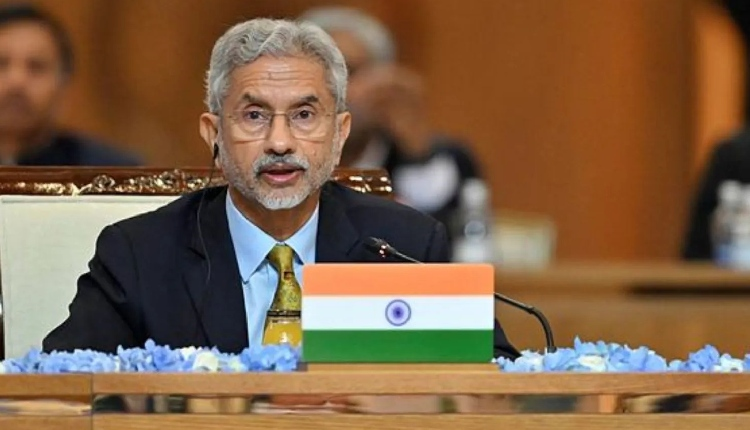On October 16, during the 23rd Meeting of the Shanghai Cooperation Organization (SCO) Council, India’s External Affairs Minister S. Jaishankar identified “terrorism, extremism, and separatism” as the “three evils” undermining regional cooperation. He emphasized that unless these issues are effectively addressed, the promised benefits of integration, such as trade, energy collaboration, and people-to-people exchanges, will be unattainable.
Jaishankar stressed the necessity of peace and stability for collective development, asserting that progress hinges on unwavering commitment to the SCO Charter, which underscores the importance of combating these three threats.
In a subtle reference to Pakistan, he pointed out the significance of nurturing “good neighbourliness.” He remarked that if trust is absent or cooperation remains insufficient, it’s essential to reflect and address underlying issues.
He reiterated the SCO’s goal of reinforcing mutual trust and fostering regional cooperation while also aiming to prevent conflict. He clarified the organization’s steadfast commitment to tackling terrorism, separatism, and extremism as its primary challenges.
Earlier in his address, Jaishankar noted the turbulent state of global affairs, highlighting two significant ongoing conflicts with wide-ranging impacts. He remarked on the severe aftermath of the Covid pandemic on developing nations and the various disruptions—like extreme climate events and financial instability—that are hindering growth and development. He urged the SCO to tackle contemporary challenges such as financial debt and the slow progress toward achieving Sustainable Development Goals (SDGs).
